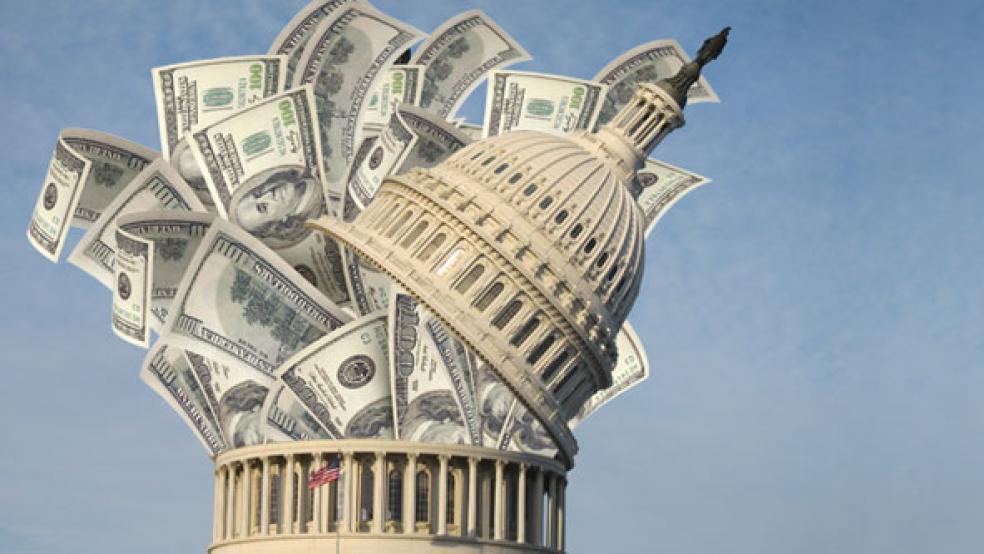As lawmakers continue to battle over the size and scope of the next coronavirus relief bill, some experts are wondering just how much help the economy really needs. While the White House continues to tout a V-shaped recovery that will sustain itself without further assistance, most economists say that while the U.S. may avoid a double-dip recession, policymakers are running the risk of producing a lackluster recovery if the government fails to provide substantial additional support.
A big concern, according to Kate Davidson and Nick Timiraos of The Wall Street Journal, is repeating the mistakes of the Great Recession, when in the opinion of many economists fiscal support was reduced too soon. The economy didn’t fall back into recession, but it did putter along with growth well below potential for years.
“This is not a good time to have fiscal policy switch from being accommodative to creating a drag,” former Fed Chairwoman Janet Yellen told the Journal. “That’s what happened [in 2008], and it retarded the recovery.”
Different trajectories: Spending too little now could have considerable long-term costs as the economy remains below potential for a longer time in the future. According to Louise Sheiner and Wendy Edelberg of the Brookings Institution, the economy will take about a decade to return to pre-pandemic levels in the absence of any additional support. On the other hand, a $2 trillion package – roughly the size currently being negotiated by House Speaker Nancy Pelosi and Treasury Secretary Steven Mnuchin – would bring the economy back to pre-pandemic levels by the end of 2021.
The Fed gets vocal: Historically low interest rates have robbed central bankers of their primary tool for addressing recessions, and Fed officials have been speaking out in favor of more aggressive fiscal support for the economy. Chicago Fed President Charles Evans recently said that policymakers must recognize the long-term effects of an ongoing pandemic: “Even after the worst of the crisis passes, the scarring of families’ balance sheets may weigh on spending and leave them further behind over the longer term.”
Earlier this week, Fed governor Lael Brainard made a case for substantially more federal spending:
“Continued targeted support to replace lost incomes will be an important factor in determining the strength of the recovery. Apart from the course of the virus itself, the most significant downside risk to my outlook would be the failure of additional fiscal support to materialize. Too little support would lead to a slower and weaker recovery. Premature withdrawal of fiscal support would risk allowing recessionary dynamics to become entrenched, holding back employment and spending, increasing scarring from extended unemployment spells, leading more businesses to shutter, and ultimately harming productive capacity.”




